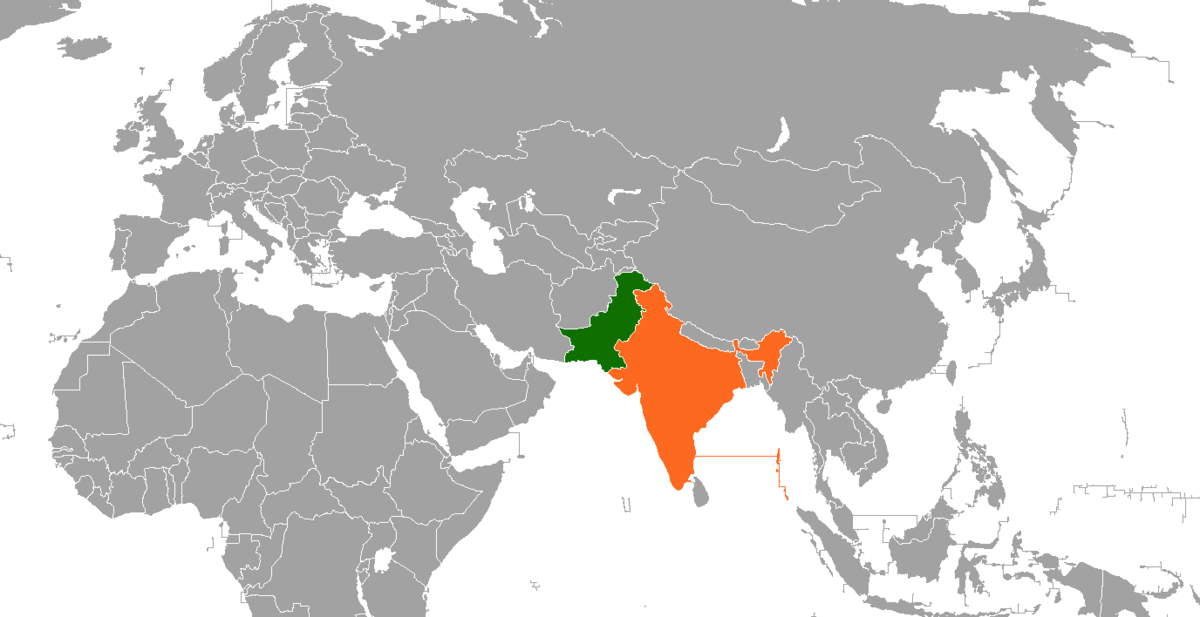
The ceasefire agreement, effective from May 10, 2025, followed a series of cross-border hostilities, including missile and drone strikes, which escalated tensions between the two nuclear-armed neighbours. The conflict was triggered by an Indian military response to a terror attack in Indian-administered Kashmir, which India attributed to Pakistan-based militants. While Pakistan denied involvement, both nations engaged in retaliatory actions that heightened regional instability.
Trump's assertion of brokering the ceasefire through trade discussions has been met with mixed reactions. India has maintained that the ceasefire was a bilateral decision, dismissing external involvement, whereas Pakistan acknowledged the US's role in facilitating dialogue. The US administration, particularly Secretary of State Marco Rubio, engaged in diplomatic efforts, contacting key officials in both countries to encourage de-escalation.
The ceasefire agreement was formalized through a military hotline between the two countries. Despite the agreement, violations were reported shortly after its implementation, with India accusing Pakistan of drone incursions into its territory. These incidents have raised concerns about the durability of the truce and the effectiveness of diplomatic interventions.
Trump's emphasis on trade as a tool for peace aligns with his administration's broader strategy of leveraging economic relationships to achieve geopolitical objectives. In February 2025, Indian Prime Minister Narendra Modi visited the White House, where both leaders discussed enhancing bilateral trade to $500 billion by 2030. The discussions included energy deals and a new 10-year framework for the US-India Major Defence Partnership. Similarly, the US has been involved in significant bilateral agreements with Pakistan, aiming to strengthen economic ties and promote regional stability.
The international community has responded positively to the ceasefire, with countries like France, Germany, and the United Kingdom welcoming the agreement and urging sustained dialogue. The United Nations also hailed the ceasefire as a step towards lasting peace in the region. However, the underlying issues between India and Pakistan, including the Kashmir dispute and cross-border terrorism, remain unresolved, posing challenges to long-term peace efforts.
